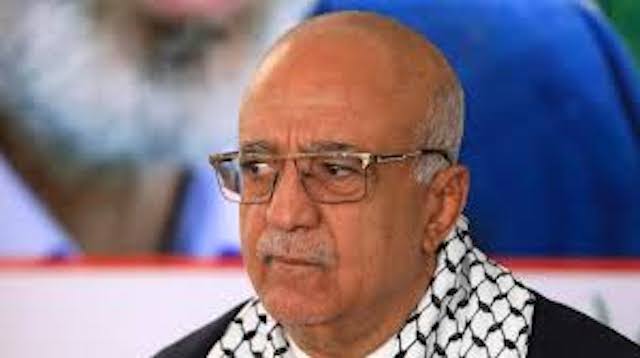The Assassination of Yemen’s Houthi Prime Minister: A Catalyst for Escalation in Regional Tensions
The recent announcement by Yemen’s Iran-backed Houthi rebels confirming the death of their prime minister, Ahmed Ghaleb Nasser Al-Rahawi, in an Israeli airstrike has sent shockwaves through the region. This targeted killing, alongside other Houthi officials, marks a significant escalation in the ongoing conflict and highlights the intricate web of alliances and rivalries that shape the Middle East’s volatile landscape. Al-Rahawi’s death represents the highest-ranking Houthi official killed in Israeli strikes during the recent Gaza war, underscoring the increasing entanglement of Yemen’s civil war with the broader Israeli-Palestinian conflict. The incident raises critical questions about the potential for further escalation and the implications for regional stability.
The airstrike, which targeted the Houthi-held capital of Sanaa, came in response to the rebels’ repeated missile and drone attacks on Israel during the Gaza war. The Houthis, claiming solidarity with the Palestinians, have intensified their attacks against Israel, further complicating the already complex dynamics of the region. Israel’s military confirmed the strike, characterizing it as an operation against a “Houthi terrorist regime military target.” This assertive language reflects Israel’s growing concern over the Houthi threat and their increasing alignment with Iran, a staunch adversary of Israel.
The Houthis’ involvement in the Gaza conflict extends beyond direct attacks on Israel. They have also targeted shipping in the strategically vital Red Sea and Gulf of Aden, waterways crucial for global trade. The rebels claim these vessels are linked to Israel, providing further justification for their actions. This maritime disruption poses a significant threat to international commerce and underscores the Houthis’ growing capacity to destabilize the region. Their actions highlight the interconnectedness of regional conflicts and the potential for localized tensions to spill over into broader geopolitical confrontations.
The assassination of Al-Rahawi adds a new layer of complexity to the already protracted Yemeni civil war. The conflict, raging since 2014, has plunged the country into a humanitarian crisis, with millions facing displacement, starvation, and disease. The Houthis control significant portions of Yemen, including the capital Sanaa, and their alliance with Iran has solidified their position as a major player in the regional power struggle. This alliance also places them firmly within Iran’s anti-Israel axis, a network of militant groups spanning much of the Middle East.
The targeted killing of a high-ranking Houthi official by Israel signifies a dangerous escalation in the region. It demonstrates Israel’s willingness to directly engage with the Houthis, transcending its traditional focus on Palestinian militant groups. This shift in strategy could trigger a chain reaction, leading to further retaliatory attacks and escalating tensions between Israel and Iran. The potential for miscalculation and unintended consequences is high, raising concerns about the possibility of a wider regional conflict.
The assassination of Al-Rahawi underscores the complex and intertwined nature of conflicts in the Middle East. The Yemeni civil war, once largely localized, is increasingly becoming a proxy battleground for regional and international powers. The Houthis’ alignment with Iran and their growing military capabilities pose a significant threat to regional stability. Israel’s decision to directly target Houthi leadership demonstrates its resolve to counter this threat, but also carries the risk of further inflaming tensions. The coming weeks and months will be crucial in determining whether this incident serves as a catalyst for de-escalation or further exacerbates the volatile situation in the Middle East. The international community must work towards a peaceful resolution of the Yemeni conflict and address the underlying issues that fuel regional instability, including the Israeli-Palestinian conflict, to prevent further escalation and humanitarian suffering.


